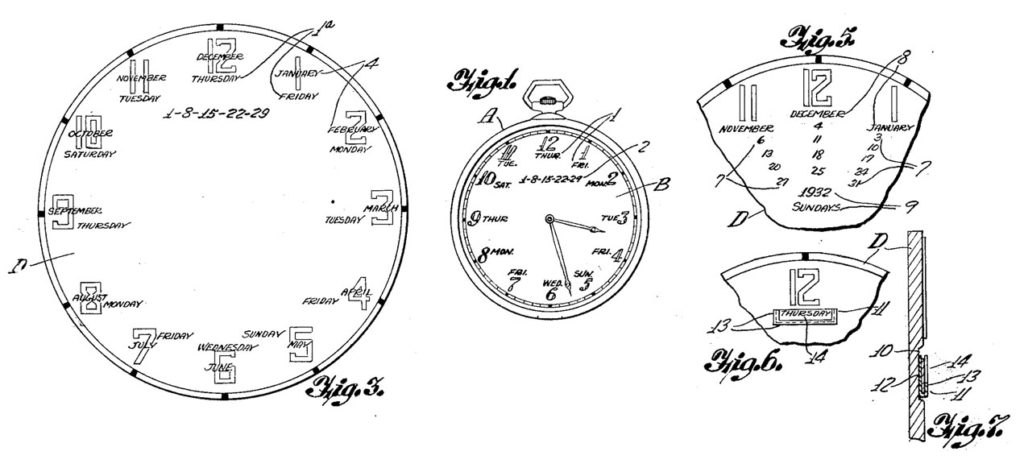If you sell or publicly disclose your product or invention, you immediately lose the ability to file a patent in most of the world and start the clock ticking for the US and Canada.

This is the first thing you should know if you are considering filing a patent application because it determines your urgency and your timeline. How quickly do you need to find answers to all the other questions you might have about the patent process? What is your timeline for assessing, drafting, and filing your patent application? It all depends on your anticipated or prior date of first publication.
In the patent office’s eyes, a publication includes the obvious public releases (website, blog, article, press release, conference presentation, etc.) but also any conversation that isn’t covered by a confidentiality agreement (NDA), a sale, or even an offer to sell a product that incorporates your invention. It may be possible to share some information about your invention (such as the benefits or features) without disclosing how it works, but in most cases, I would argue not to risk it. Even a limited publication might impact the obviousness of your future patent application. Also, in the course of assessing and drafting your patent, you may reconsider what the key aspects of your invention are. As such, you should make every effort to decide on your patent strategy and file (if patent protection makes sense for your invention and your business) before making any publication, even if you think the publication won’t fully disclose your invention. It’s better to be safe than sorry.
If you have already publicly disclosed your invention before you were aware of this, there may still be some hope. The patent offices in the USA and Canada (and a few other countries such as Brazil and Australia) will allow you to file up to 1 year after your public disclosure. Unless you have already missed it, I would still recommend taking action prior to public disclosure rather than waiting until the end of the grace period, for various reasons. Perhaps someone, somewhere in the world has independently developed an invention similar to yours and is planning on filing a patent soon. If they beat you to it, you’re out of luck. Perhaps there is a large market for your product in Europe or another jurisdiction without a grace period. If so, even if you aren’t pursuing that jurisdiction for your own business, you could license the right to use your patent to a European partner.
Now that you know the first thing, what comes next? Contact us for help evaluating whether or not investing in a patent application makes good business sense for you!

